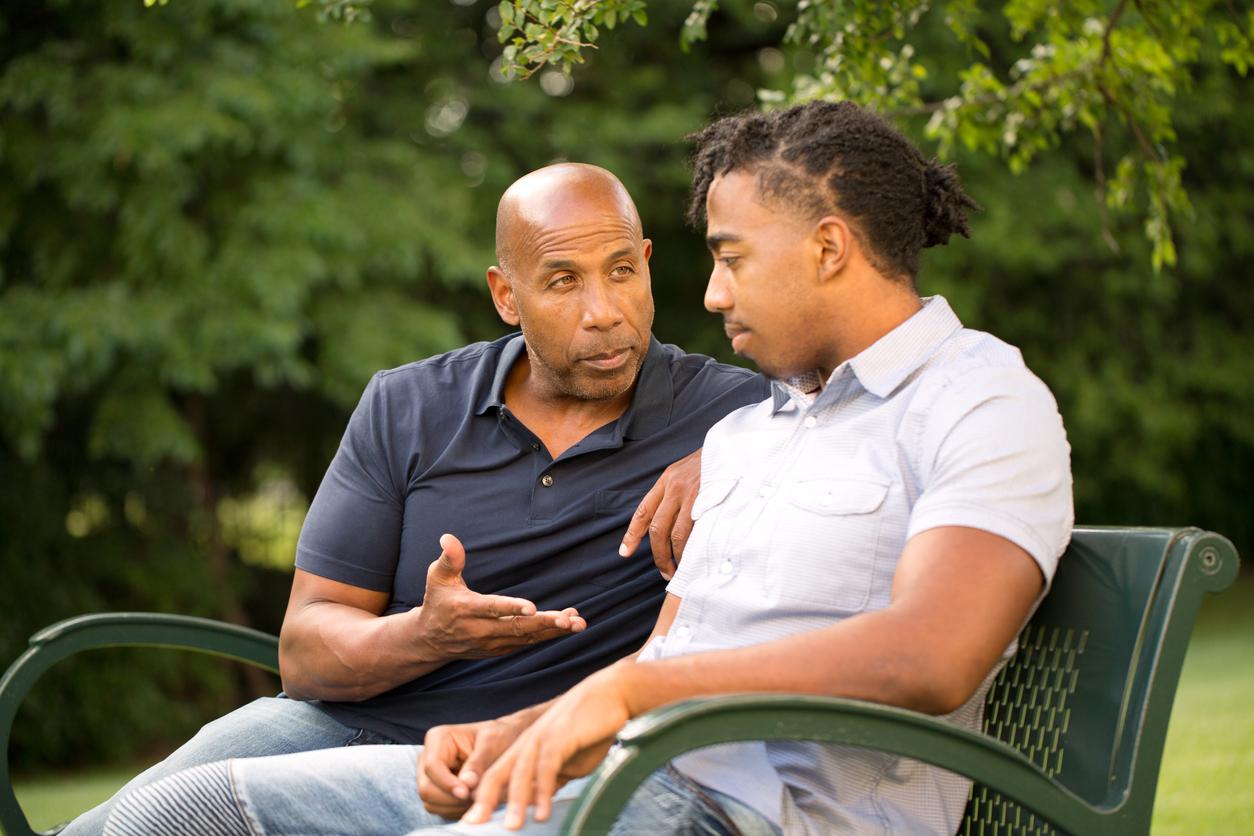
An intervention is a meeting you organize with a loved one to convey that you support them and want them to seek help for a substance use disorder. While it can be hard to find the courage to confront your friend or family member about these issues, doing so is a crucial first step in helping them reach sobriety.
Keep reading to learn when an intervention is necessary and how you can help your loved one find the treatment program they need to heal.
If you’re concerned about the well-being of your loved one, don’t be afraid to take immediate action. Call SAMHSA’s free, anonymous helpline at 1-800-662-4357 for assistance finding treatment. In case of emergency, call 911.
How Do You Know an Intervention is Needed?
Here are 6 signs it’s time to help your loved one find treatment.
1. Increasing Usage
If your loved one has recently started drinking more or upping their intake of illegal or prescription drugs, it’s time to intervene. Increased substance usage may signify that they have an alcohol addiction or a drug addiction. Intervening early on is the best way to encourage your loved one to seek help for their dependence.
2. Denying the Problem
Many people with substance use disorders use drugs or alcohol to cope with the problems in their life. Eventually, this forms a toxic cycle, and they may be unwilling to admit that their substance use is a problem.
When this happens, it’s important to remind your loved one of the ways addiction is harming them. But don’t just focus on the negative. Remind them that treatment is available and that it’s possible for them to get clean and sober.
3. Showing Destructive Behavior
If your loved one is engaging in dangerous or destructive behavior, like driving under the influence, spending excessively, or self-harming, it’s time to talk to them about your concerns.
4. Lying to You
Unfortunately, substance dependence can make your loved one act out in ways they wouldn’t normally. These may include lying about what they’re doing or where they’re going or stealing from you to support themselves and their dependence.
It’s important to realize that these behaviors are part of a substance use disorder, and not reflective of the person you know and love. If you notice these behaviors, it’s time to intervene.
5. Health is Affected
Addiction can take a toll on both a person’s physical and mental health. If your loved one has frequently been feeling unwell, not eating, or has visited the hospital because of an overdose, it’s time to take action.
6. Needing More and More
Increased drug or alcohol usage may signify that your loved one is building up a tolerance to these substances. Increased tolerance is dangerous, as your loved one will need to consume more and more of the substance to feel high or drunk. The more they take, the higher their chances of suffering an overdose.
If you’re concerned about their level of alcohol or drug use, no matter how minor it may seem, it’s time for an intervention.
Reach Out to Options Residential
If someone you love is struggling to live independently because of a substance use disorder, reach out to the team at Options Residential. Addiction recovery is in reach, and our addiction treatment specialists are trained to help people with these specific issues learn to live strong, independent lives.
We’re the best residential care facility in Burnsville and the surrounding communities.
Reach out today to learn more about our services.

